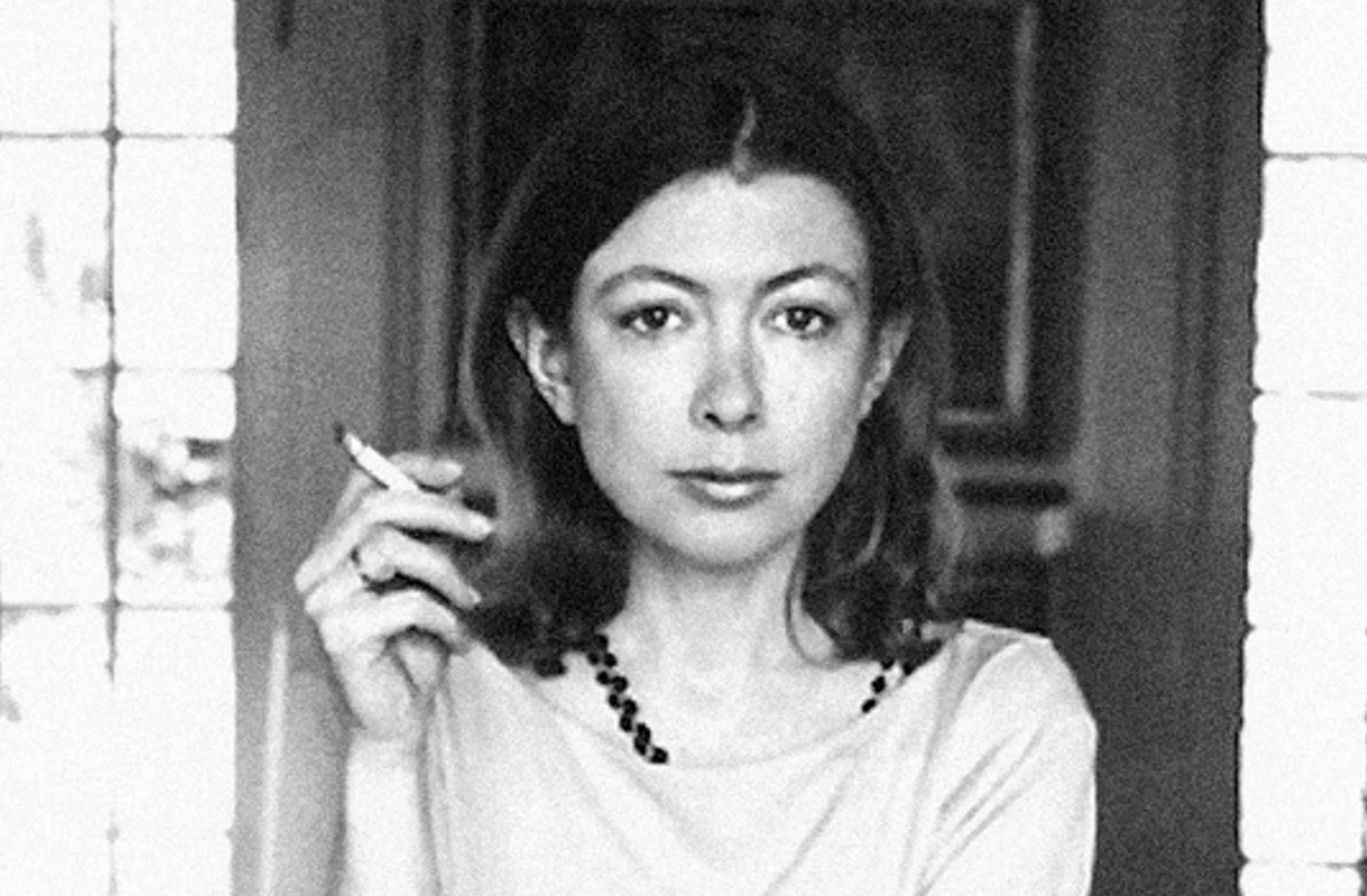A Retrospective Look at Literary Icon Joan Didion
Off Radar discusses the lasting legacy of writer Joan Didion
Written by Shai Alise Davis
“We tell ourselves stories in order to live,” begins Joan Didion’s 1979 “The White Album”, a collection of essays written throughout the previous decade. The line is perhaps Didion’s most well-known, as simple as it is. “The White Album” captures the chaos and paranoia of the '60s and '70s in the United States, as Didion attempts to make sense of the changing times. Although it has been over half a century, Didion’s writing is still relevant amid recent perilous times in America.
Joan Didion was born in 1934 in Sacramento, California. She published several fiction and nonfiction novels, five screenplays, and a play throughout her career. California would become the milieu of most of Didion’s writings, as the writer turned her focus on the counterculture of the ‘60s. In her first collection of essays, “Slouching Towards Bethlehem”, Didion painted a picture of San Francisco’s hippie movement through keen observation. With this book, the author earned the title of one of the pioneers of new journalism, a literary movement that emerged during that decade. The movement was distinct from traditional journalism, with the use of long-form storytelling and subjectivity, which was unexplored at the time. What was unique about Didion’s storytelling, was how she immersed herself in her writing, creating a sense of intimacy with the reader. This intimacy is why Didion’s words live on.
In “The White Album”, readers find themselves inside Didion’s brain as she watches the ‘60s and ‘70s unfold. From meetings with Black Panther leaders to college campus protests and the Tate-LaBianca murders, the book is a tour through American history. On the Tate-LaBianca murders, Didion wrote “The tension broke that day. The paranoia was fulfilled.” Paranoia is a common theme throughout The White Album, a feeling Didion transferred off the page and onto readers. A feeling that modern readers can still relate to.
The 2020s ushered in a time of uncertainty for many Americans: a pandemic, a racial reckoning, an insurrection, the reelection of a convicted felon. Today’s cultural upheaval is reminiscent of Didion’s time. Sure minority groups have made great progress since, but in recent years, several states have passed restrictive legislation, from anti-LGBT bills, to abortion bans, and laws targeting voting rights. To counter the “wokeness” in schools, conservatives have fought for book bans, attacked critical race theory, and advocated for promoting religion in public schools (despite the separation of church and state). With so much social and political conflict even 50 years later, we are sad to say that the saying that history repeats itself, has never been truer than before.
“We tell ourselves stories in order to live.” Didion’s words are almost prescient now. Perhaps reshaping our stories doesn’t get us closer to an end point, but it gives us the resilience to continue.
Photo courtesy of Julian Wasser

